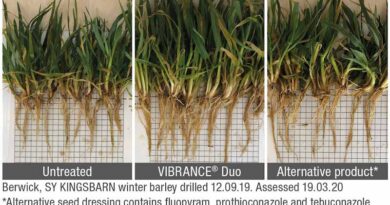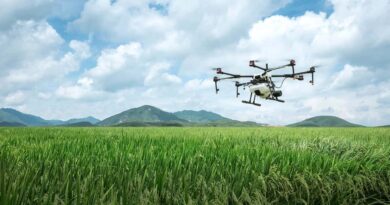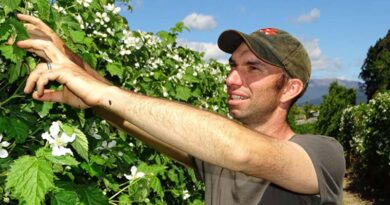From seed to grain and all points in between – learn from the scientists at the heart of Scotland’s barley research
29 August 2023, UK: The Royal Society of Edinburgh, Scotland’s National Academy, is holding a free event this September to help people learn more about how scientific researchers are working towards creating better barley, as part of its flagship event series Curious.
Curious– running from 4-17 September this year – is a completely free and open series of tours, talks and workshops that brings together some of Scotland’s finest minds in various academic fields with the aim of getting under the surface of some of the most important issues of the day.
Barley is the world’s fourth most cultivated cereal crop and is a vital contributor of the Scottish economy as barley grains are the key constituents of whisky, Scotland’s national drink and its biggest export.
The free event Barley: more than just a crop? will be held online on 11 September, this free online panel discussion will give people the opportunity to hear from three leading scientific researchers from the University of Dundee, The James Hutton Institute and International Barley Hub (IBH) in Dundee, and how their work is helping to tackle issues of food security and sustainable production.
Professor Robbie Waugh FRSE, Dr Sarah McKim and Dr Davide Bulgarelli will share their expertise and discuss their work at the cutting edge of genetic research in plants.
A fuller understanding of the role of microorganisms in the soil where barley is grown may help farmers cut down the amount of fertiliser required, which in turn may reduce the carbon footprint of agriculture.
The fundamental research into barley led by these scientists feeds into the wider barley industries of breeding, farming, malting, brewing, food, and feed. This collaborative working is part of the role of the newly established International Barley Hub (IBH) hosted at The James Hutton Institute, whose goal is to translate discoveries into wider economic, social and commercial benefits. This will have global impacts as barley is grown in over 100 countries and is used for animal feed, human food and the production of alcohol.
Professor Waugh, scientific director at the IBH, said: “Given the very simple link between crop production and the growing environment, we consider it essential to investigate the genetic processes that drive environmental adaptation.
“About 10,000 years ago barley was transformed by humans from being a wild grass endemic in the middle east into one of the earliest crop plants through the process of domestication. Then, as humans migrated across the world they took these newly domesticated crops with them, inadvertently and repeatedly selecting those that performed well in the new environments in which they were grown.
“We want to understand how they became adapted to these new environments and propose that understanding this evolutionary process will hold the keys to developing barleys capable of growing in the new environments that will inevitably result from climate change.”
The free event Barley: more than just a crop? will be held online on 11 September at 3pm. Visit www.rse-curious.comfor more information and to book your place.
Also Read: Farming with a hybrid AD plant approach
(For Latest Agriculture News & Updates, follow Krishak Jagat on Google News)















